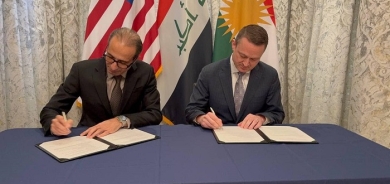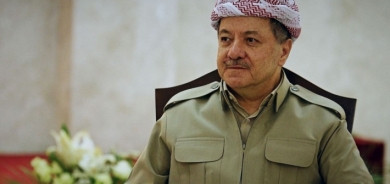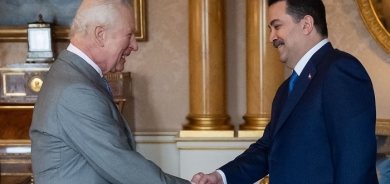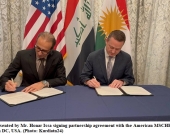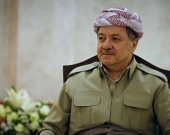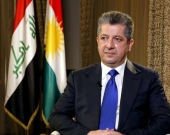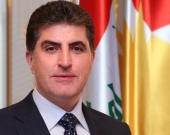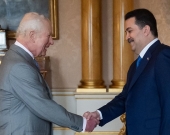Egypt's cabinet orders police to end pro-Morsi sit-ins

"The cabinet has decided to take all measures necessary to confront these risks and put an end to them," an official said in a televised statement.
The statement termed the continued rallies "a national security threat".
Three top Muslim Brotherhood leaders have also been referred to court on charges of inciting violence.
The movement's supporters have been staging sit-ins for several weeks since President Morsi was removed on 3 July, after just one year in office.
They have defied previous threats of removal from their sit-in protests, despite deadly clashes with security forces.
'No longer acceptable'
The main protest sit-in is at a square near the Rabaa al-Adawiya mosque in the capital's north-east, where clashes erupted on Saturday in which some 70 people were killed, and in Nahda Square near the main campus of Cairo University.
"The continuation of the dangerous situation in Rabaa al-Adawiya and Nahda squares, and consequent terrorism and road blockages are no longer acceptable given the threat to national security," Information Minister Dorreya Sharaf el-Din said in the televised statement.
He said the police had been tasked to end the demonstrations "within the law and the constitution".
The interim government had earlier warned that any violation of the law would be dealt with "firmly".
The step has appeared to pave a way for the removal of the sit-ins in the two areas, the BBC's Jim Muir says.
A Brotherhood spokesman told the BBC his supporters had no option but to stay put, saying the decision to clear the camps had been taken by a gang that had taken over the state and was trying to cheat the people of their democratic rights.
In another move against the group, Egyptian prosecutors referred Muslim Brotherhood leader Mohammed Badie, his deputy Khairat al-Shater and senior leader Rashad Bayoum to trial over allegations of inciting the killing of protesters outside of their headquarters last month.
An African Union delegation confirmed on Wednesday that it had met Mr Morsi, who has not been seen in public since being ousted.
He had received no official visitors until Tuesday, when he met EU foreign policy chief Catherine Ashton who said he was "well".
The ousted leader has been formally remanded in custody at an undisclosed location, according to a judicial order.
He has been accused of the "premeditated murder of some prisoners, officers and soldiers" when he and several Muslim Brotherhood leaders were freed during a breakout at a Cairo prison in January 2011.
He is alleged to have plotted attacks on jails in the uprising that overthrew President Hosni Mubarak.
Mr Morsi is also accused of conspiring with the Palestinian militant group Hamas, which governs the Gaza Strip and has strong links with the Muslim Brotherhood.
He was overthrown by the military after mass rallies in which millions of Egyptians calling for his ouster took to the streets.
BBC


